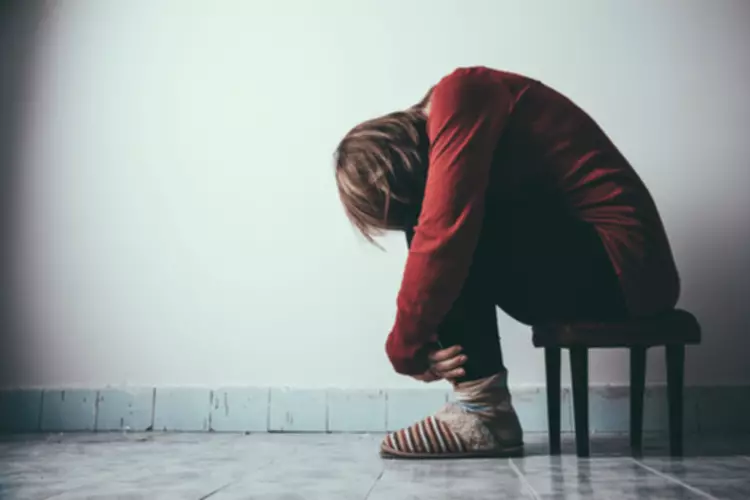This included the anxiety and substance use disorder modules, which were used to assess PTSD and AUD for sample description. According to statistics, men are exposed to a higher number of traumatic events than women, such as combat threats and life-threatening accidents and also consume more alcohol ptsd alcohol blackout than women. Women, however, are twice as likely to develop PTSD and are 2.4 times more likely to struggle with alcoholism as a result. Women are also more likely to experience a number of deeply impactful traumatic events such as rape and sexual abuse and often turn to alcohol to cope.
Race and Ethnicity Considerations Related to AUD and PTSD
Questions about blackouts during routine medical visits could serve as an important simple screen for the risk of alcohol-related harms. Because blackouts tend to occur at high BACs, they commonly stem from binge drinking, defined as a pattern of drinking that increases a person’s BAC to 0.08 percent or higher. This typically occurs after 4 drinks for women and 5 drinks for men—in about 2 hours.
Clinical implications
Research shows that support from family and friends also can be an important part of recovery. Alcohol use disorders are among the conditions most frequently comorbid with PTSD (Kessler et al., 1995). In one study, approximately two out of five students reported a binge episode (4 or more drinks for women, 5 or more for men) in the past two weeks (O’Malley & Johnston, 2002). There are various negative consequences of alcohol use among college students, including motor vehicular accidents, risky sex, sexual assault, fights, physical assaults, and fatalities (Hingson, Heeren, Winter, & Wechsler, 2005). Furthermore, Verster [53] has suggested that a lack of sleep and detectable alcohol BAC% levels at time of testing could explain the mixed results in the literature [for example, 52, 54, 55], since a lack of sleep may inflate the strength of after binge-drinking effects on cognition.
Alcohol and Substance Use in Post-Traumatic Stress Disorder (PTSD)
In this study, there was no significant improvement in PTSD symptoms over time and no medication effect. Sleep outcomes were also assessed but there was no change over time and no medication effect. The second prazosin study was conducted in mostly male veterans from two VA outpatient sites (Petrakis et al. 2016). Veterans with PTSD and AD were randomized to 16 mg of prazosin vs. placebo for 12 weeks; Medication Management was the behavioral platform. Subjects as a group decreased their drinking significantly over time, but there were no significant group differences. In this study, the drinking outcomes were confounded by a site difference such that they were better at the site in which a majority of subjects were also in sober housing.
- Neither of the sertraline studies found the serotonergic antidepressant medications more effective than placebo in decreasing alcohol use outcomes.
- Some medications may help treat specific PTSD symptoms, such as sleep problems and nightmares.
- Each item was rated dichotomously and assessed behavior independent of drinking.
- I once asked a group of alcoholics in rehab how many had experienced a blackout in the first years of their drinking.
It’s easy for those who have ever been drunk or tried to think back on their youth, to assume that alcohol and age always impair your memories. Clinical Review BoardAll Healthwise education is reviewed by a team that includes physicians, nurses, advanced practitioners, registered dieticians, and other healthcare professionals. If you have been diagnosed with PTSD and are concerned about your use of alcohol, illegal drugs, or other substances, https://ecosoberhouse.com/ there are some things you can do. Understanding what emotional intelligence looks like and the steps needed to improve it could light a path to a more emotionally adept world. Upon arrival, photographic identification, written consent and a breathalyser test (Dräger Alcotest® 3000; Lϋbeck, Germany) were provided by participants. Height and weight were recorded and entered into an alcohol-dose formula [42], along with gender and age.

The morning after the night before: Alcohol-induced blackouts impair next day recall in sober young adults
- We employed a free recall task as a baseline for memory retrieval performance, and a serial recall task to assess memory for events in their order of occurrence [36].
- Talk to your health care provider about clinical trials, their benefits and risks, and whether one is right for you.
- Alcohol use may improve their mood but is more likely to temporarily numb negative feelings followed by more serious negative feelings as the effects wear off.
- As the hippocampus works to log events, its memory cells are communicating with each other and changing through a process called synaptic plasticity.
- After traumatic experiences, it is common for suffers of trauma to experience helplessness, suicidal thoughts, aggression, self-harm, depression and anxiety.
Tattoos Helped Me Reclaim My Body After Years Of Trauma – ELLE UK
Tattoos Helped Me Reclaim My Body After Years Of Trauma.
Posted: Wed, 28 Apr 2021 07:00:00 GMT [source]
Experience sampling measures
What are the signs and symptoms of PTSD?
- The main treatments are psychotherapy, medications, or a combination of psychotherapy and medications.
- People with PTSD often have co-occurring conditions, such as depression, substance use, or one or more anxiety disorders.
- For women struggling with intense negative affect who have difficulty conceiving and tracking even short-term goals, a pattern of risky alcohol use could develop due to the immediate relief it provides.


